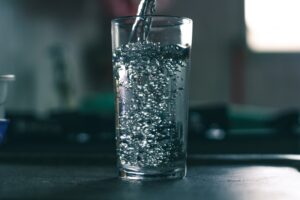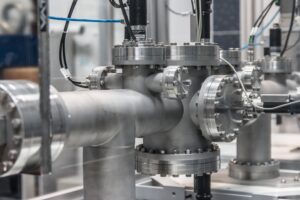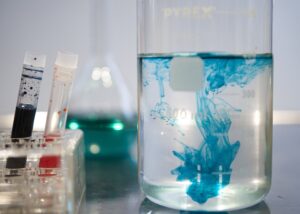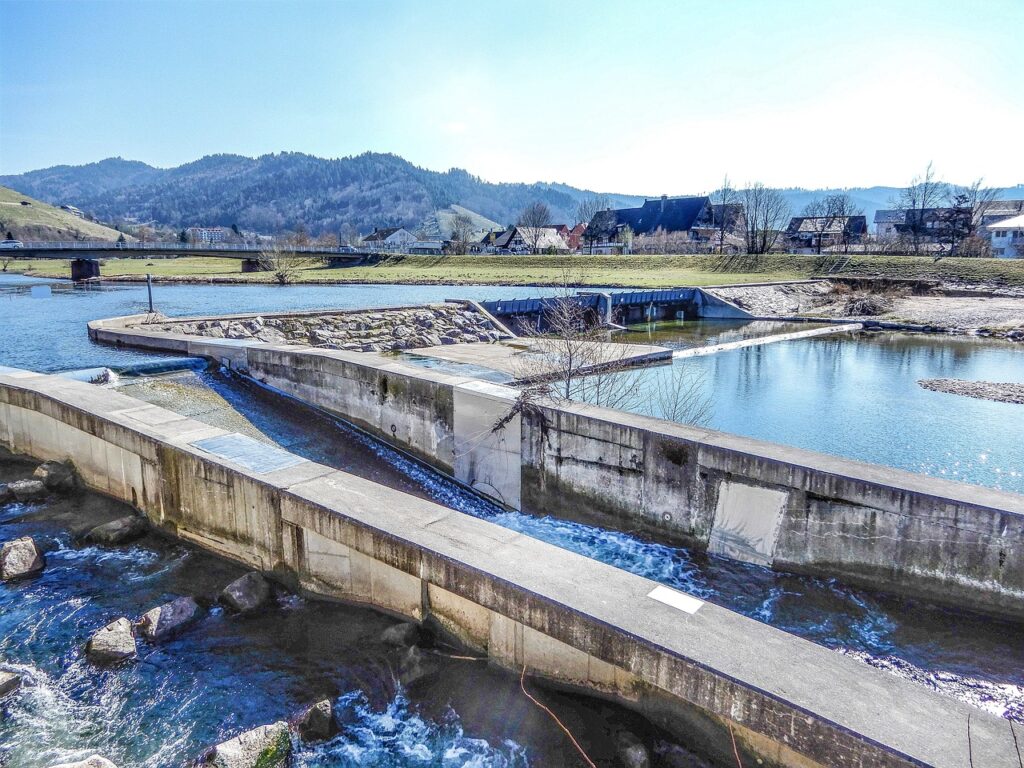When you are looking to run an experiment or clean beakers in a lab, you want water that is as pure as possible to avoid contamination.
So, with that in mind, what are some of the key factors that can impact the quality of the water that you are using in your lab? Which is the cleanest water available to use? Read on to find out!
Filtration Systems
 If you are someone who likes to use water that comes from the tap to save costs, it is a comfort to know that in developed nations, there are filtration systems between the water source itself and your home. Of course, if you notice that there is a bad smell in your lab’s tap water, or it suddenly looks like it is different in colour, you should ideally contact your plumber as soon as possible, as the filtration system has likely become damaged and is impacting the water. Ideally, if you are looking for well-filtered water that is good to use in your lab, you should bulk buy distilled water; you can even hook up supplies to your taps to avoid someone using the wrong one by mistake.
If you are someone who likes to use water that comes from the tap to save costs, it is a comfort to know that in developed nations, there are filtration systems between the water source itself and your home. Of course, if you notice that there is a bad smell in your lab’s tap water, or it suddenly looks like it is different in colour, you should ideally contact your plumber as soon as possible, as the filtration system has likely become damaged and is impacting the water. Ideally, if you are looking for well-filtered water that is good to use in your lab, you should bulk buy distilled water; you can even hook up supplies to your taps to avoid someone using the wrong one by mistake.
Runoff
Where does the water you are filtering and using in your lab come from naturally? In some countries, there may be run-off of the surrounding sediment into the water. This is not a problem, per se, but some countries have higher natural levels of metals and minerals in their rocks, which can cause these to be drip fed into a natural spring. So, research before use and, if possible, purchase the water in the purest form you can, and use your tap water for less important parts of equipment or cleaning.
Treatment
 Different countries, and indeed in the US, different states, treat their tap water differently. Meaning that if you are using filtered water from a tap in Los Angeles, it will be a different quality to tap water used by a lab in another state like Florida.
Different countries, and indeed in the US, different states, treat their tap water differently. Meaning that if you are using filtered water from a tap in Los Angeles, it will be a different quality to tap water used by a lab in another state like Florida.
It is worth looking into the treatment of water at the company that you buy it from; be sure to ask about average water quality, as well as the chemicals and filtration systems that they use when cleaning the water. Then put the appropriate steps in to ensure that the water is cleaned further before use.
Ion Amount
But in the UK, there is that very real north-south divide when it comes to water quality, with it being softer in the north. This is due to ion exchange and as well as being better for your lab equipment, soft water also has a higher quality overall. So, if you using tap water from a hard water area, be sure to filter it as much as you can. It may even be worth investing in a water softener.
The Source
Does the water you use come from a natural well? Is that well near a farm where they use sprays or manure on the fields? On a rainy day, this will inevitably cause these factors to come into impact with your water, so try to use water sourced from a larger, better-controlled reservoir to do anything within your lab.








